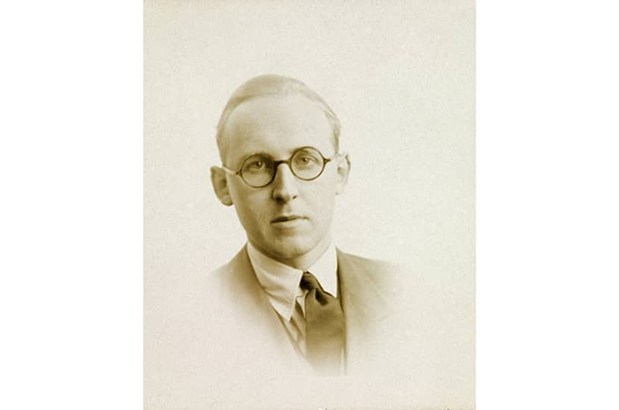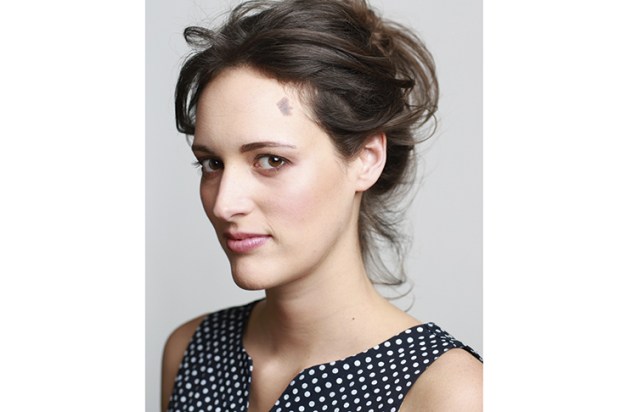Rachel Kelly, a respected former journalist on the Times, might seem the most blessed of women: five children, marriage to the banker Sebastian Grigg and a large house in Notting Hill. However, soon after her second child was born she suffered a breakdown of a most acute kind.
Terrified, and in such distress that all she could keep saying over and over was ‘I’m going to crash,’ her account of her illness is harrowing to read.
Already a subscriber? Log in
Subscribe for just $2 a week
Try a month of The Spectator Australia absolutely free and without commitment. Not only that but – if you choose to continue – you’ll pay just $2 a week for your first year.
- Unlimited access to spectator.com.au and app
- The weekly edition on the Spectator Australia app
- Spectator podcasts and newsletters
- Full access to spectator.co.uk
Unlock this article
Available from the Spectator Bookshop, £14.99. Tel: 08430 600033. Amanda Craig is the author of A Vicious Circle, In a Dark Wood and Hearts and Minds.
You might disagree with half of it, but you’ll enjoy reading all of it. Try your first month for free, then just $2 a week for the remainder of your first year.














Comments
Don't miss out
Join the conversation with other Spectator Australia readers. Subscribe to leave a comment.
SUBSCRIBEAlready a subscriber? Log in